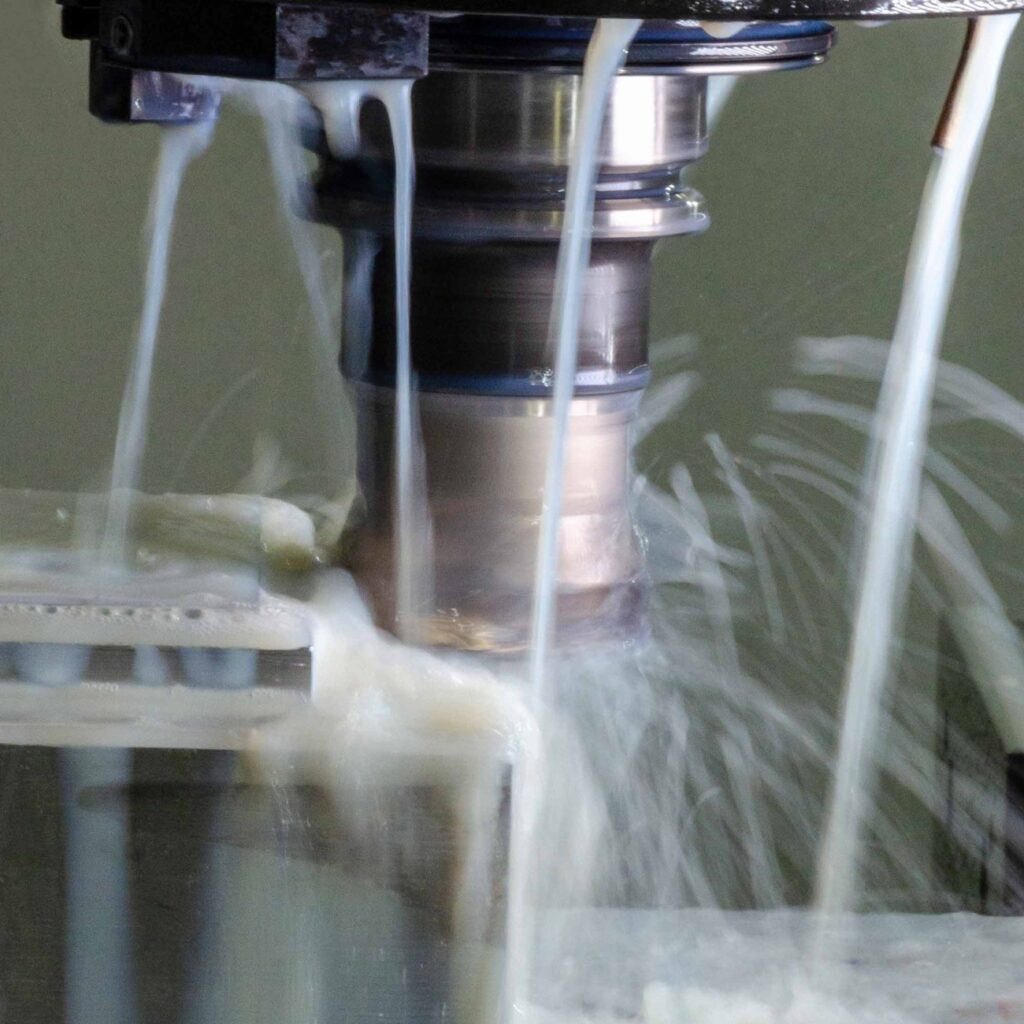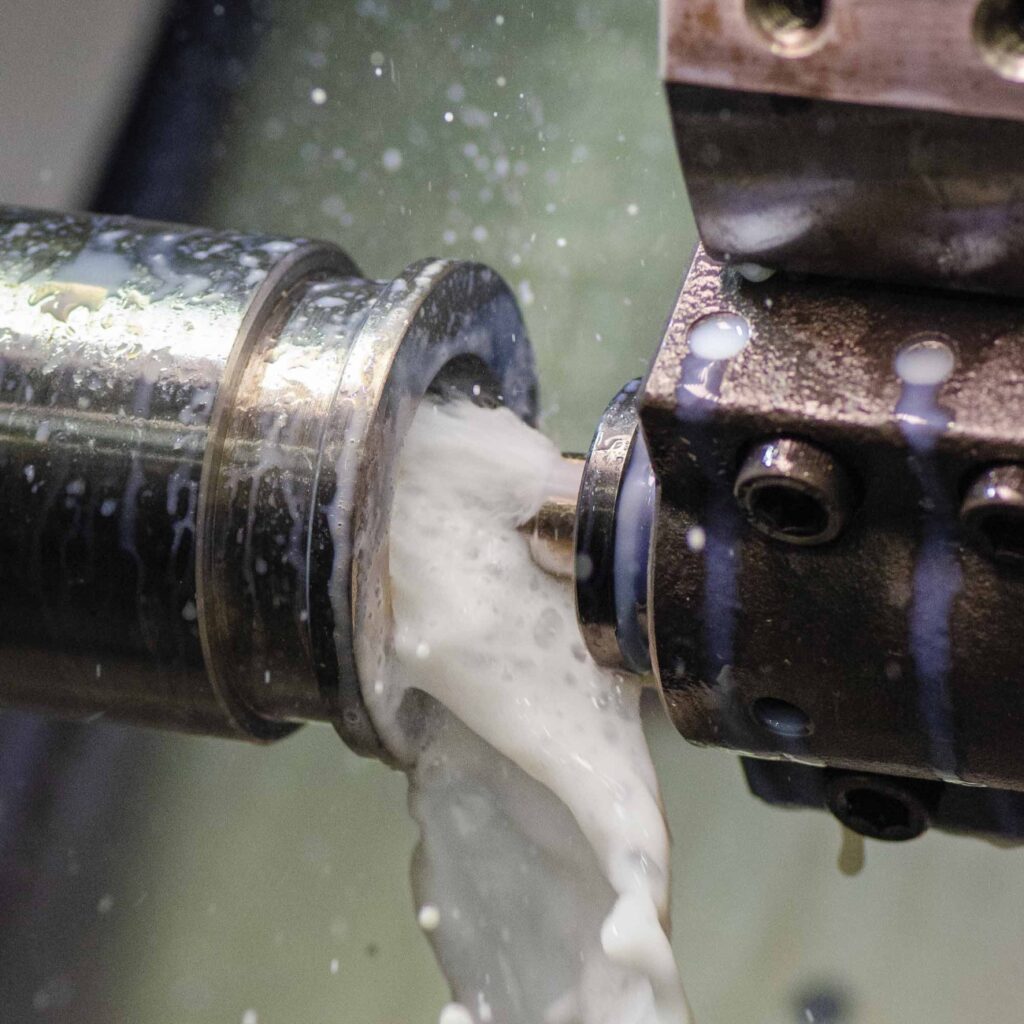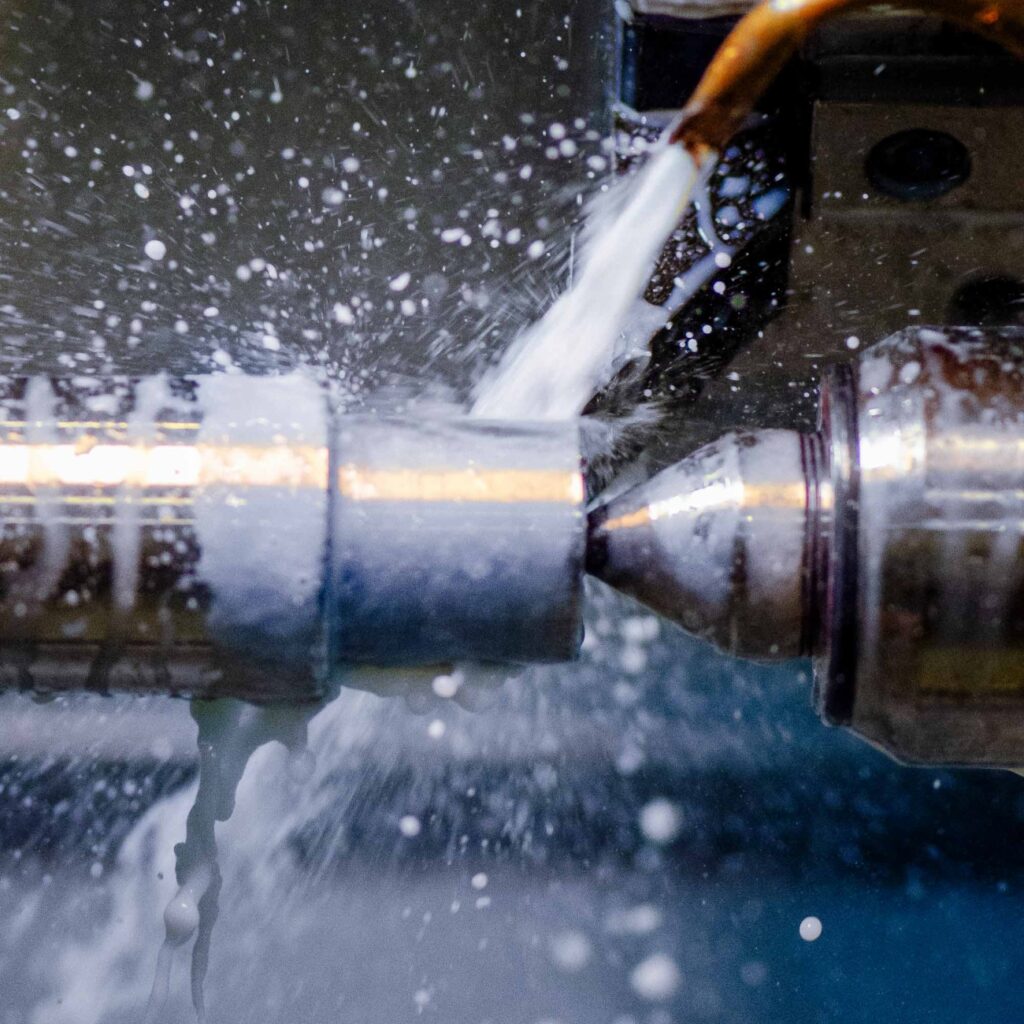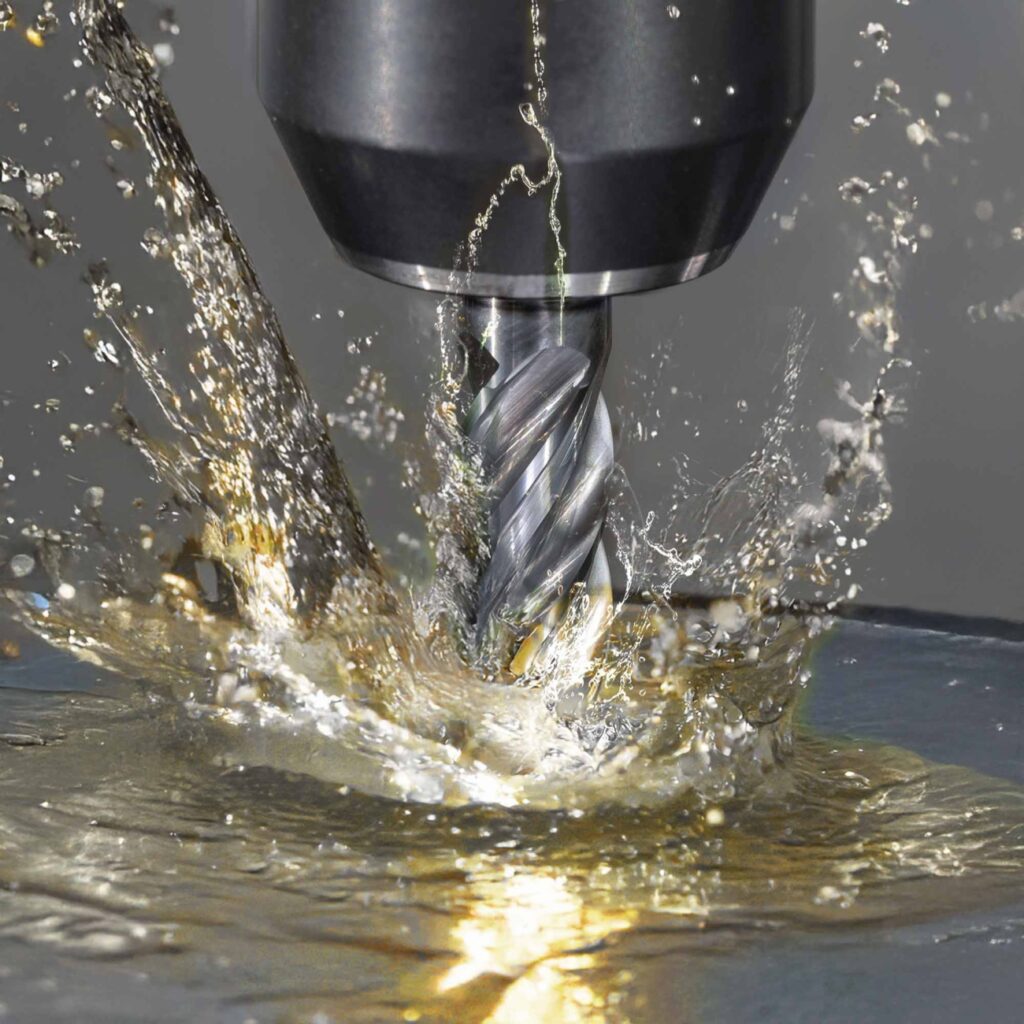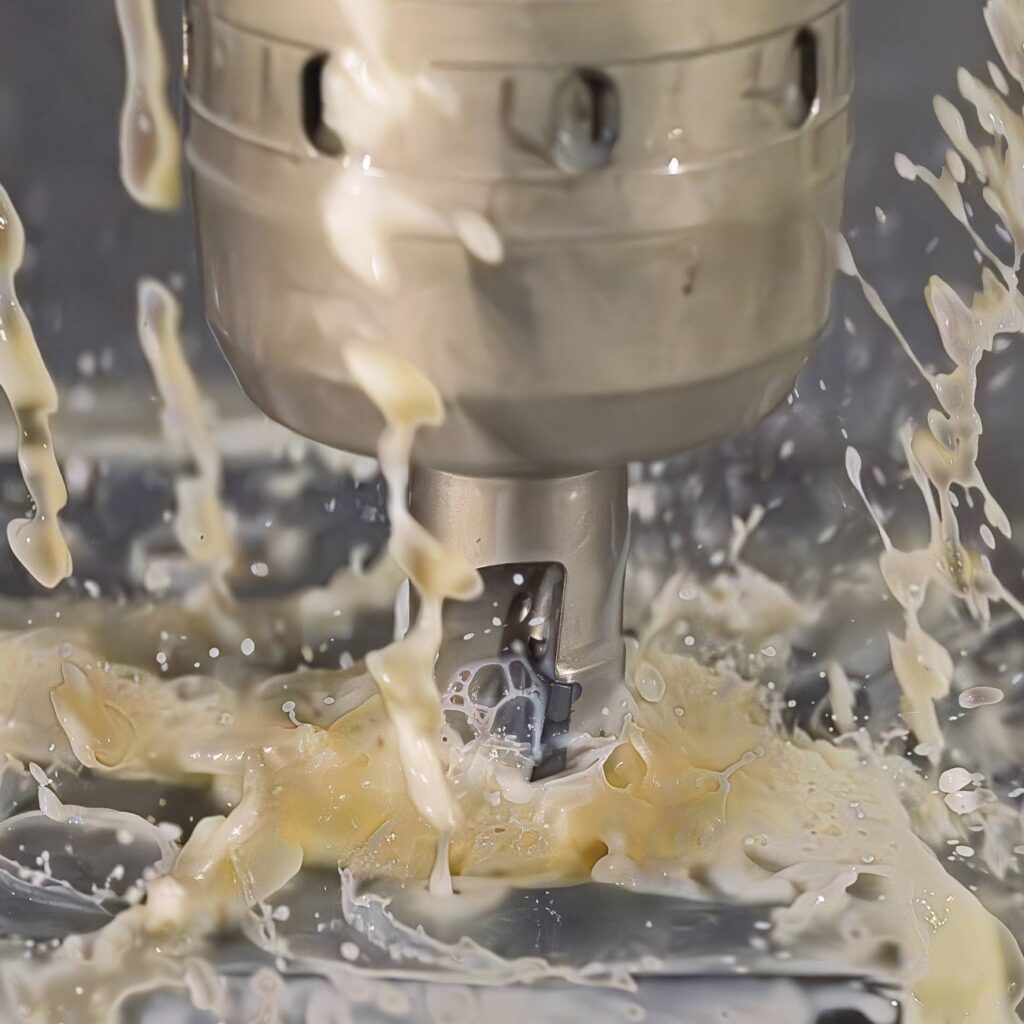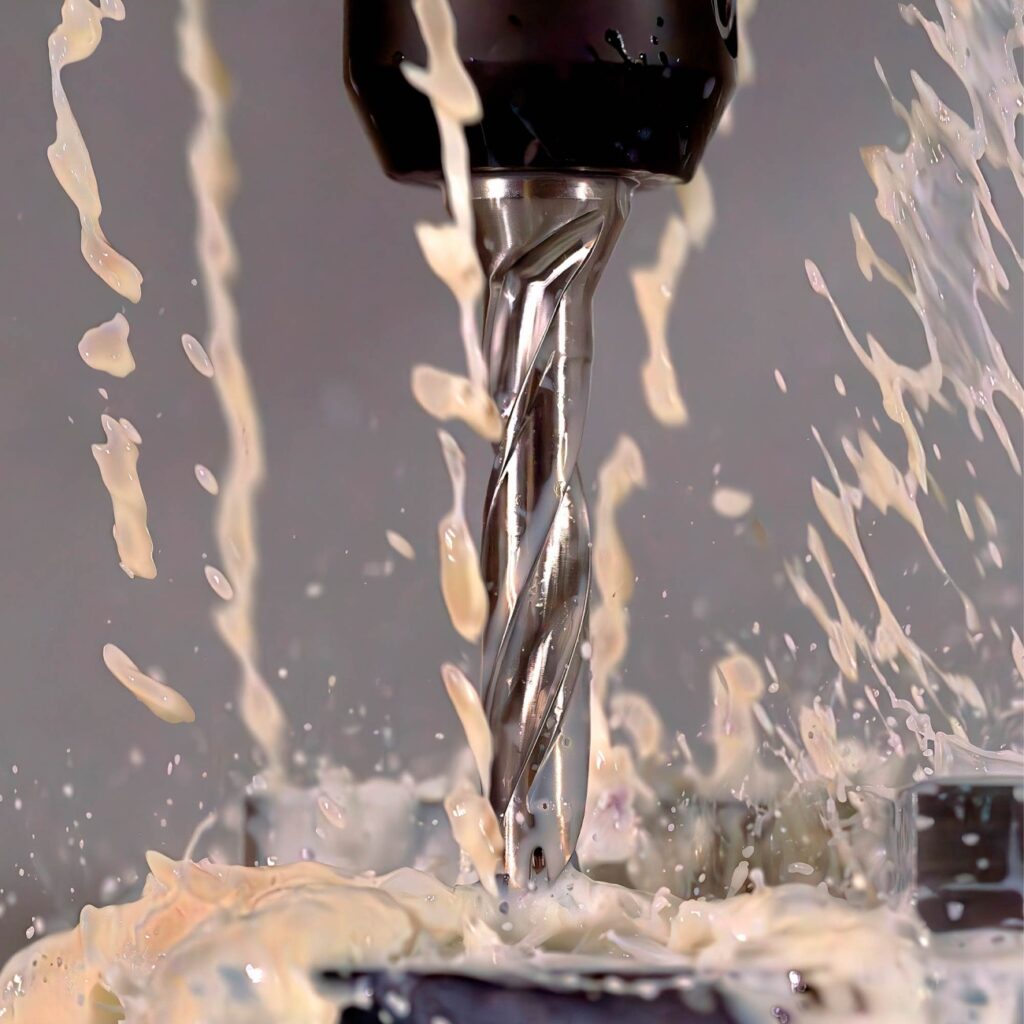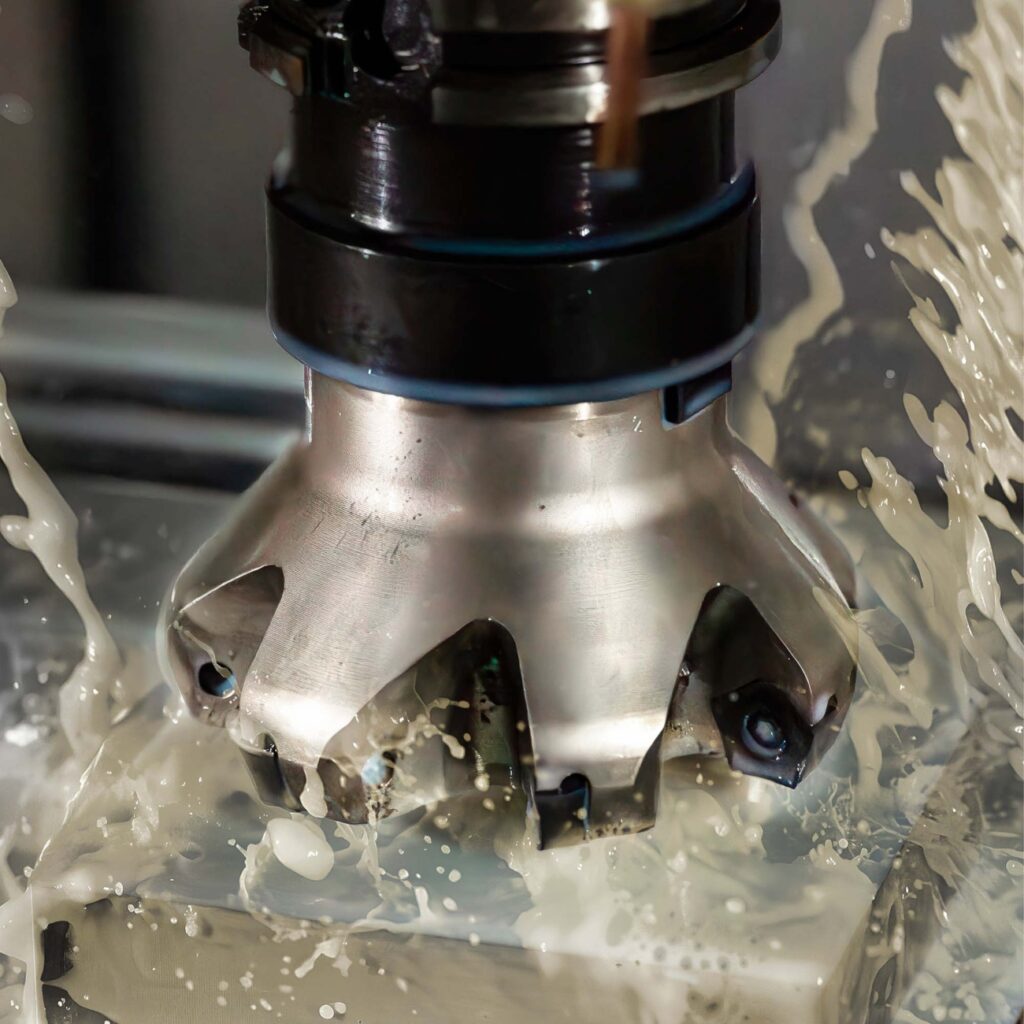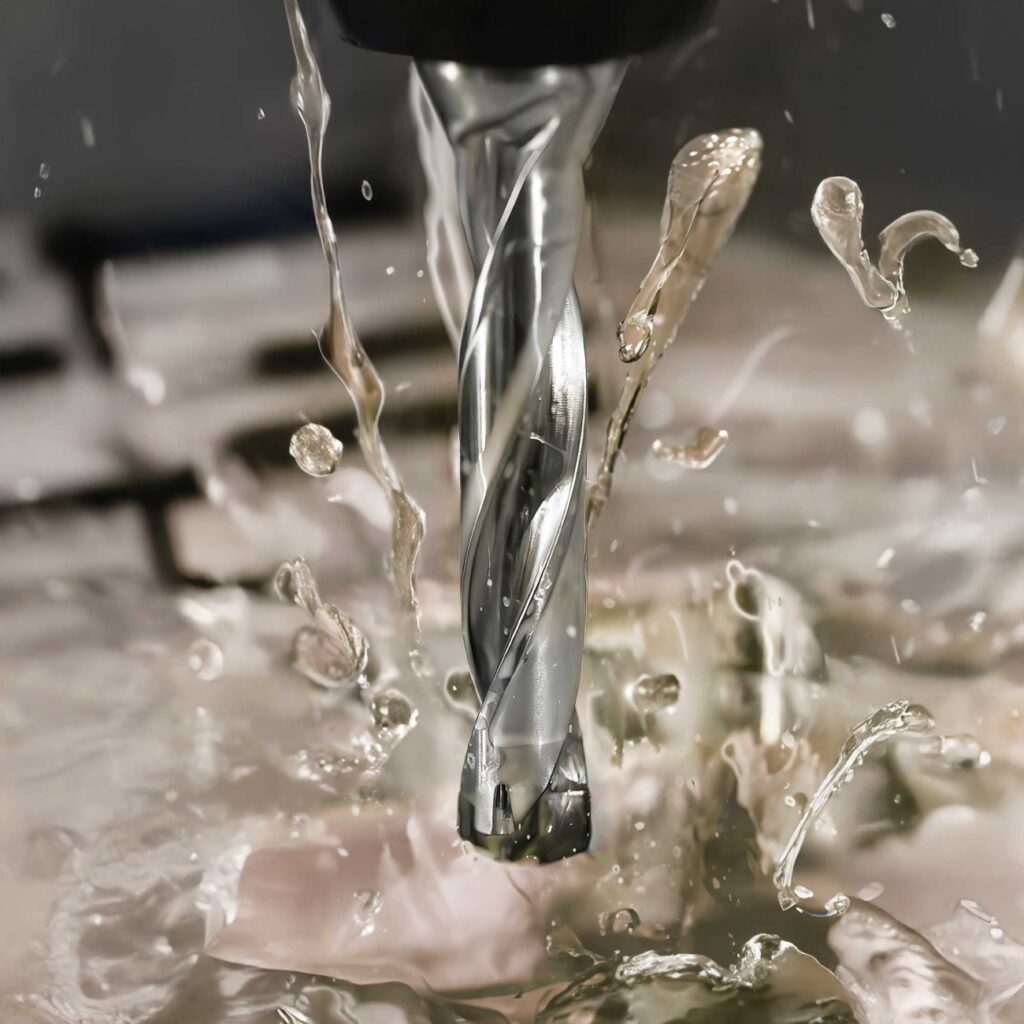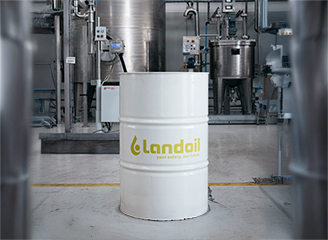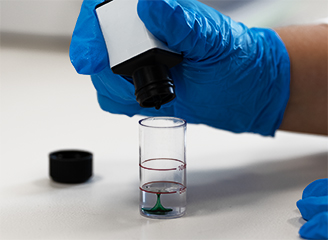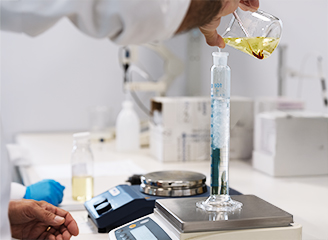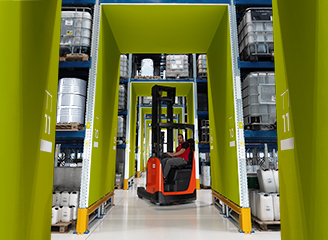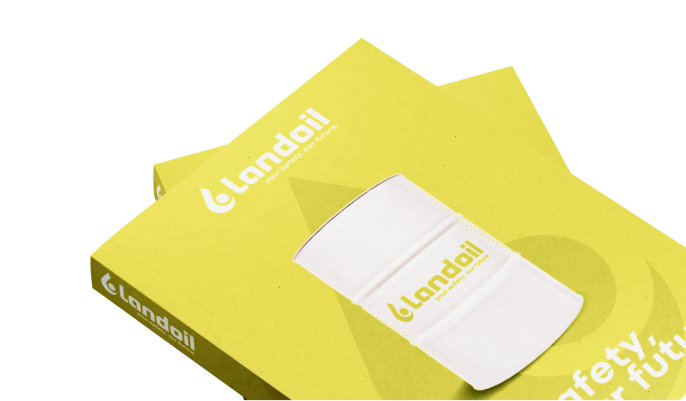Ester based water miscible metalworking fluids

In the beating heart of machine shops, where precision and efficiency are paramount, ester-based water-miscible metalworking fluids emerge as the undisputed protagonists. Read more
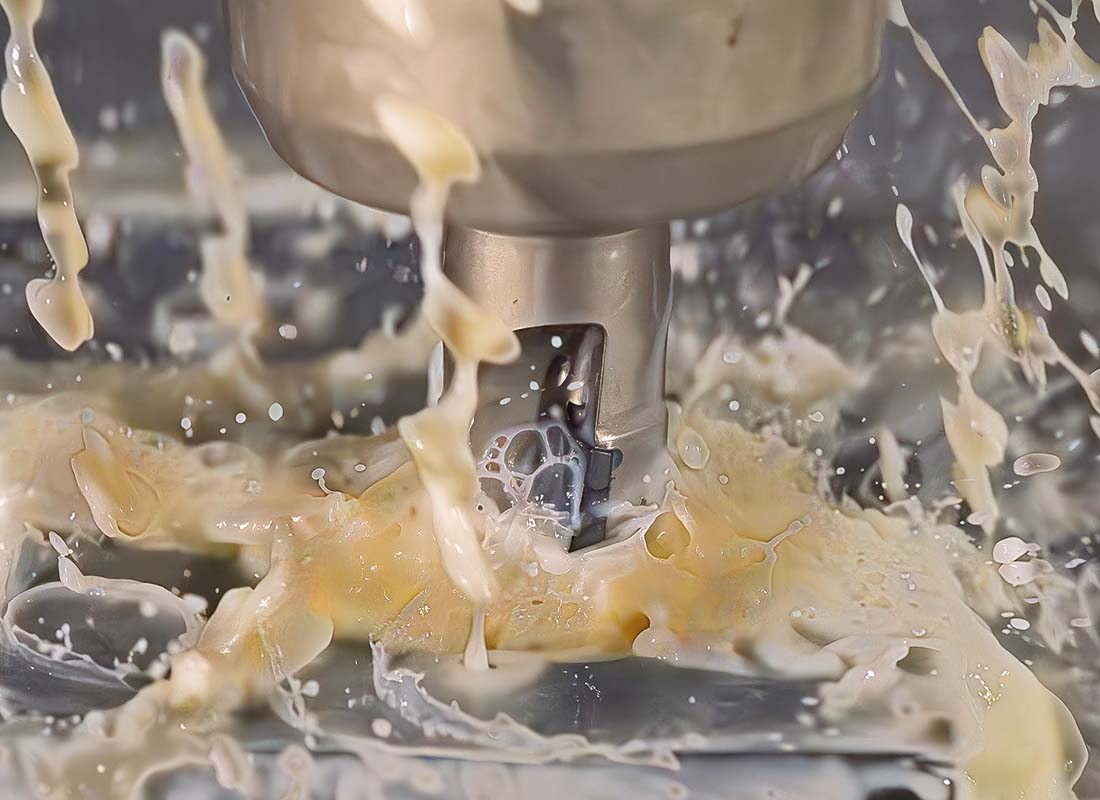
Water miscible, ester-based metalworking fluids are innovative fluids
that combine lubrication and cooling for machining. The ester bases provide excellent lubricity combined with high thermal stability and biodegradability, reducing operator risk and improving environmental safety with a focus on sustainability.
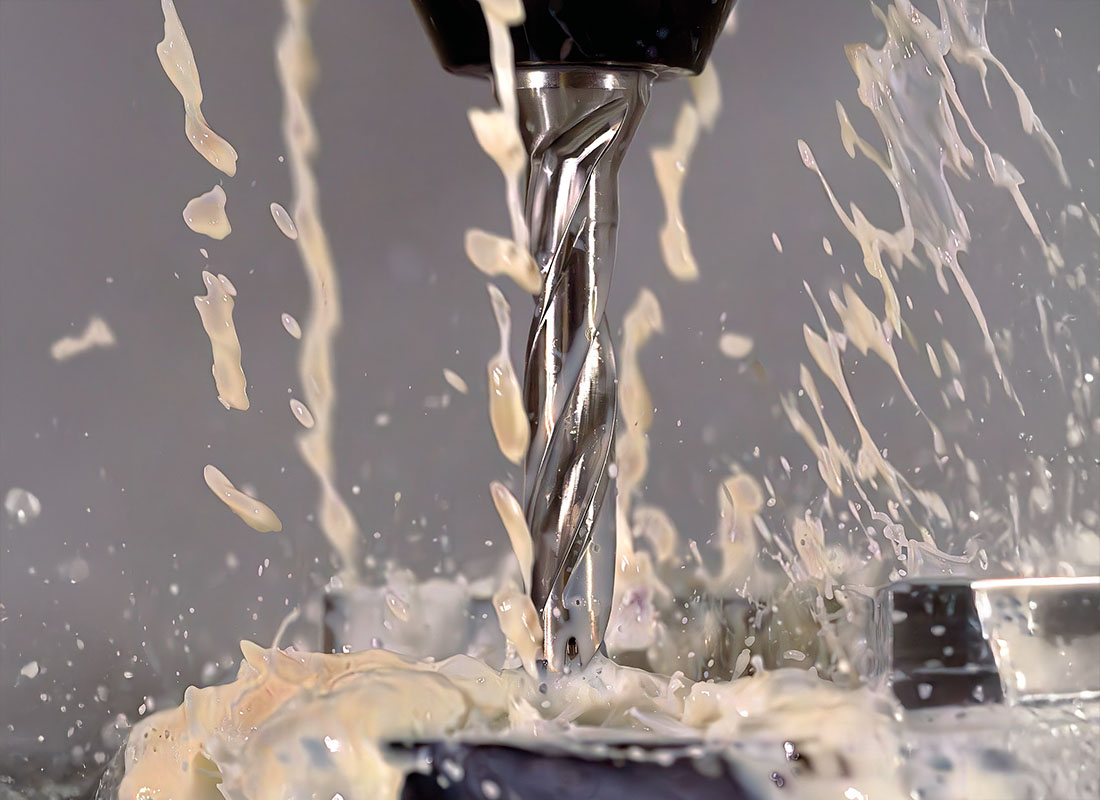
These metalworking fluids offer excellent heat dissipation
and effective friction reduction, improving machining quality and tool life. Being easily miscible in water, they are easy to handle and contribute to a safer working environment by reducing harmful vapours and risks associated with traditional lubricants.
These fluids, essential for the proper functioning of machine tools, represent an advanced solution for improving performance and tool life. But what exactly are ester-based water-miscible metalworking fluids and why are they so crucial in industry?
Understanding ester-based water-miscible metalworking fluids
Water-miscible metalworking fluids with ester bases are fluids designed to be mixed with water, creating an emulsion that offers superior cooling and lubrication properties. The ester base, derived from vegetable or synthetic oils, gives these metalworking fluids a number of advantages over traditional mineral oils. Their ability to form stable emulsions and reduce friction between tools and machined parts makes them ideal for a wide range of mechanical applications.
Advantages of ester-based metalworking fluids
One of the main advantages of ester-based water-miscible metalworking fluids is their biodegradability. Being derived from renewable sources, these fluids are more environmentally friendly than their mineral oil-based counterparts. Furthermore, their ability to reduce tool wear and improve the surface finish of machined parts translates into greater operational efficiency and reduced maintenance costs.
Applications in machine shops
In machine shops, foreign-based water-miscible metalworking fluids are used in many operations, including milling, turning and drilling. Their ability to dissipate heat generated during metalworking is crucial in preventing tools and machined parts from overheating. In addition, effective lubrication reduces friction, improving machining accuracy and prolonging tool life.
How to choose the right metalworking fluid
Choosing the right metalworking fluid depends on several factors, including the type of machining operation, the workpiece material and the specific requirements of the workshop. It is essential to consider the compatibility of the metalworking fluid with the materials being machined and the equipment being used. Furthermore, the emulsion concentration must be carefully adjusted to ensure optimal performance.
Frequently Asked Questions about Ester-Based Water-Miscible Metalworking Fluids
1. What is the lifetime of an ester-based water-miscible metalworking fluid?
The lifetime of a metalworking fluid depends on various factors, including frequency of use and operating conditions. However, due to their stability, ester-based metalworking fluids tend to have a longer service life than conventional metalworking fluids.
2. How are ester-based metalworking fluids disposed of?
As they are biodegradable, ester-based metalworking fluids can be disposed of in a more environmentally friendly way than mineral oils. However, it is important to follow local regulations for the disposal of industrial waste.
3. What are the main disadvantages of ester-based metalworking fluids?
Although they offer many advantages, ester-based metalworking fluids can be more expensive than conventional metalworking fluids. Furthermore, their compatibility with some materials can be limited, requiring careful evaluation before use.
Innovation and Sustainability in Industry
The adoption of ester-based water-miscible metalworking fluids represents a significant step towards innovation and sustainability in the industrial sector. These fluids not only improve the performance of machine tools, but also help reduce the environmental impact of mechanical operations. With increasing environmental awareness and demand for sustainable solutions, foreign-based metalworking fluids are set to become an increasingly popular choice in machine shops around the world.
Conclusions
At a time when efficiency and sustainability are central to industrial concerns, foreign-based water-miscible metalworking fluids offer an innovative and environmentally friendly solution. Their ability to improve machine tool performance, reduce operating costs and minimise environmental impact makes them an ideal choice for modern machine shops. Investing in these metalworking fluids means not only optimising day-to-day operations, but also contributing to a more sustainable future for the industry.
